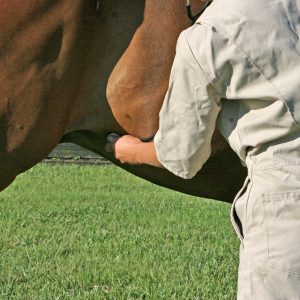
Horse Gut Sounds and What They Mean
One way to determine if your horse is normal and healthy is to evaluate the rumblings of his gut. The...
» View Article
One way to determine if your horse is normal and healthy is to evaluate the rumblings of his gut. The...
» View Article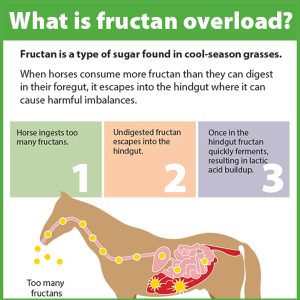
Fructan is a type of sugar found in cool-season grasses. When horses consume more fructan than they can digest in their foregut, it escapes into the hindgut where it can cause harmful imbalances.
» View Article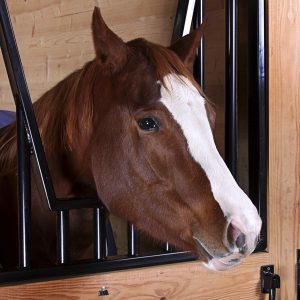
Whether a racehorse needs some downtime from the rigors of track life or a show jumper is on stall rest...
» View Article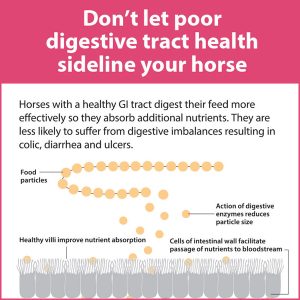
Horses with a healthy GI tract digest their feed more effectively so they absorb additional nutrients. They are less likely to suffer from digestive imbalances resulting in colic, diarrhea and ulcers.
» View Article
Electrolytes perform critical functions within your horse’s body. They help regulate nerve and muscle functions by carrying electrical impulses between...
» View Video
Lush, cool season spring grass is packed full of vitamins, minerals and energy, but it is also high in sugar!...
» View Video
Myth: Always walk a colicky horse. Busted: Walking won’t cure colic and it isn’t always in your horse’s best interest...
» View Article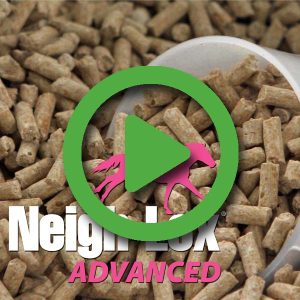
Neigh-Lox® Advanced provides a scientifically advanced blend of ingredients that work synergistically to maintain your horse’s digestive tract in peak...
» View Video
Do you worry about colic in your horse? Did you know you can reduce the threat of colic by identifying...
» View Article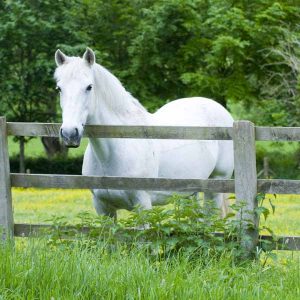
May 2009 Horse Health Article American Association of Equine Practitioners The number one killer of horses is colic. Colic is...
» View Article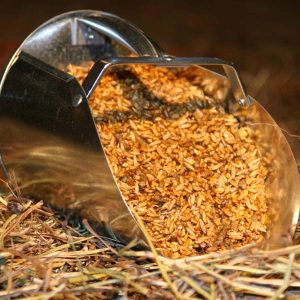
What is laminitis? Laminitis occurs when the tissues that connect the coffin bone to the hoof wall, called the laminae,...
» View Article
For years, horsemen have believed that the surefire way to sidestep gastric ulcers is full-time grazing. However, that widely held...
» View Article
"*" indicates required fields